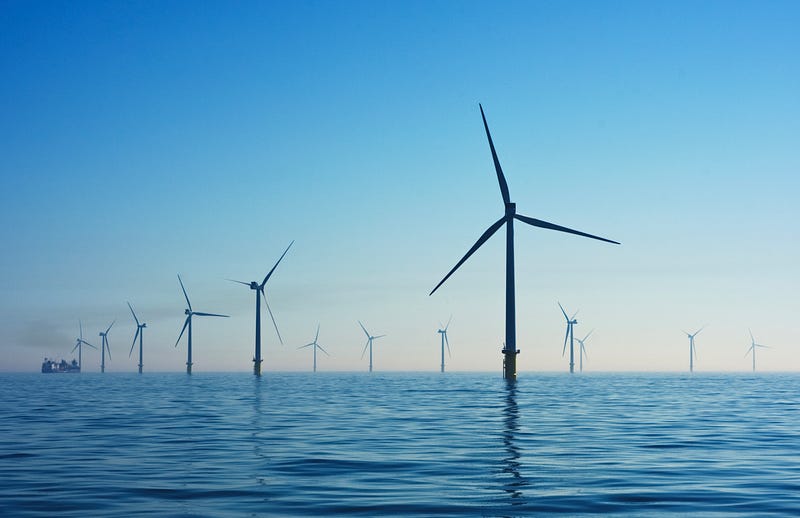In recent years, there has been a growing interest in renewable energy sources as people become more aware of the impacts of climate change. Many UK energy providers have responded by offering so-called “green” tariffs that claim to support renewable energy generation. However, not all green tariffs are created equal, and two key terms to understand when evaluating them are REGOs and PPAs.
REGOs, or Renewable Energy Guarantees of Origin, are certificates that prove that energy has been generated from renewable sources. REGOs are issued for each unit of renewable electricity produced, and they can be bought and sold independently of the electricity itself. Energy suppliers can purchase REGOs to demonstrate that they are sourcing renewable energy, even if the electricity they supply comes from non-renewable sources. However, there is a debate over whether REGOs are an effective way to promote renewable energy growth or if they are simply a tool for greenwashing.
On the other hand, PPAs, or Power Purchase Agreements, are long-term contracts between energy generators and energy consumers. These contracts guarantee that the energy generated by a renewable energy project will be bought at a fixed price for a set period of time. PPAs provide a stable revenue stream for renewable energy projects, making them more attractive to investors and easier to finance. PPAs help new renewable energy projects get off the ground, which is important for meeting the UK’s renewable energy targets.
When it comes to pricing, REGOs are relatively cheap compared to PPAs. In March 2023, the average cost of a REGO was £0.45 per MWh, while the average price of a PPA for a new onshore wind project was £52 per MWh. The price of PPAs varies depending on the type of renewable energy project, its location, and other factors.
While REGOs may seem like an easy way for energy suppliers to demonstrate their commitment to renewable energy, they do not provide the same financial support to renewable energy projects that PPAs do. REGOs are simply a certificate that proves the renewable energy has been generated, but they do not provide any additional revenue or support to the renewable energy generator. In contrast, PPAs provide a guaranteed revenue stream that helps renewable energy projects secure financing and grow.
In conclusion, while REGOs can be useful in demonstrating that energy has been generated from renewable sources, they do not provide the same financial support to renewable energy projects as PPAs do. PPAs provide a more direct way to support the growth of renewable energy projects, and they are essential for meeting the UK’s renewable energy targets. As a consumer, it’s important to understand the difference between these two terms and to choose an energy supplier that is genuinely committed to supporting renewable energy growth.




Leave a Reply